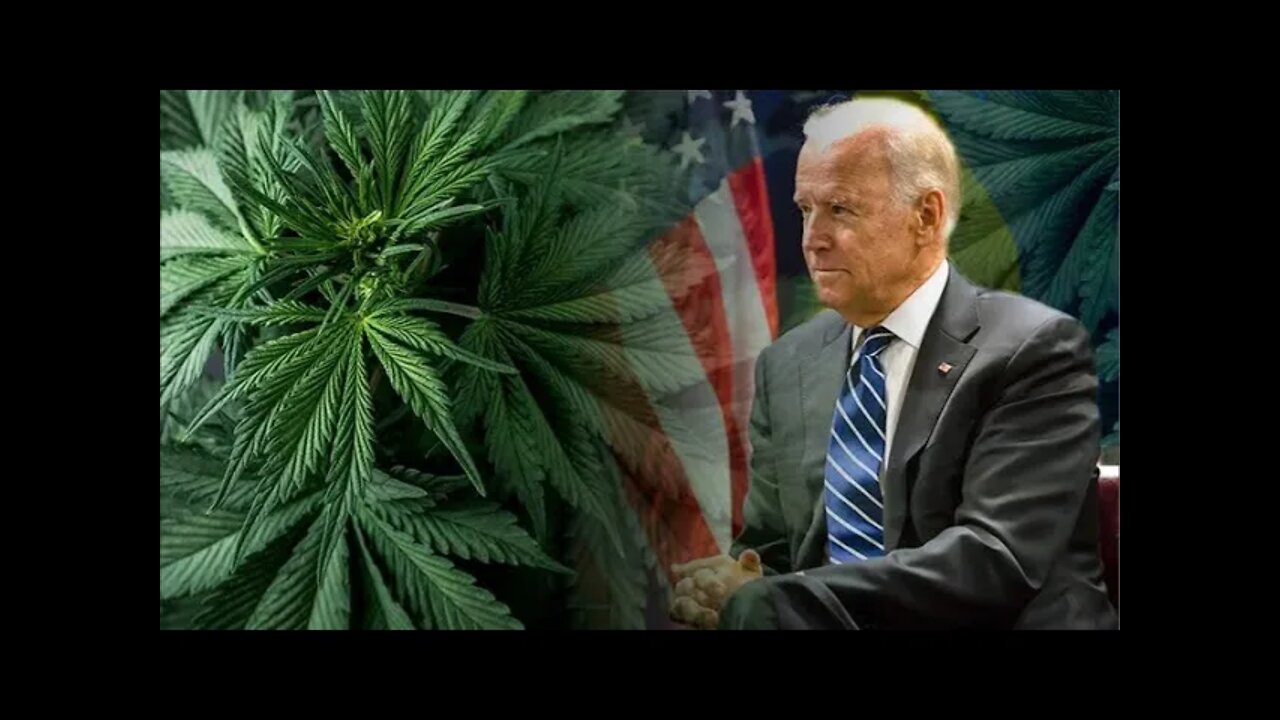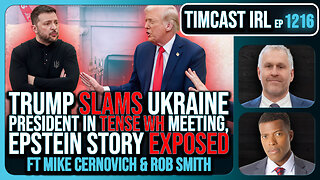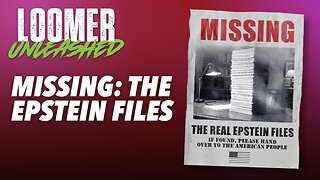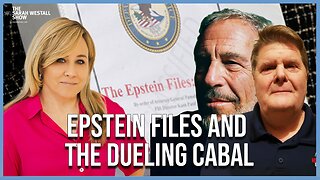Premium Only Content

Biden’s Marijuana Reform Plan Will Ruin America
@VideoMattPresents Talks 420
#ControlledSubstancesAct #videomattpresents #BidensMarijuanaPlan
How to End Marijuana Prohibition with Regard to the
Controlled Substances Act Memorandum
More than two-thirds of US states and territories regulate the possession of marijuana for medical or adult-use purposes. Under the existing structure of the Controlled Substances Act, there is no federal classification that is able to accommodate the existence of these programs as they are today. This is because the existing state-legal regulatory structures were not designed in a manner to be consistent with the Controlled Substances Act, but rather, they were designed to accommodate the needs of their state in clear defiance of federal prohibition.
The Mechanics of the Controlled Substances Act
In 1970 established five distinct classifications – or schedules – for various controlled substances. Substances classified as Schedule I, the most prohibitive classification, must meet three criteria:
(A) The drug or other substance has a high potential for abuse.
(B) The drug or other substance has no currently accepted medical use in treatment in the United States.
(C) There is a lack of accepted safety for the use of the drug or other substance under medical supervision.
Substances classified in categories other than Schedule I have been deemed by the US Food and Drug Administration to possess some “currently accepted medical use.” These substances also possess varying degrees of abuse potential – from a “high potential of abuse” (Schedule II) to a “low potential of abuse” (Schedule V) – as well as varying degrees of potential “psychological or physical dependence” – from “severe” (Schedule II) to “limited” (Schedule V). These substances are available under a doctor’s prescription and are not allowed to be marketed or used for non-medical purposes.
Cannabis Analogous Substances Not Scheduled
Dietary supplements and vitamins, which are marketed as general wellness products, lack FDA approval and thus are not classified in any schedule. These products are regulated by separate, specific federal regulations, e.g.: The Dietary Supplement Health and Education Act of 1994. Similarly, alcohol and tobacco are not scheduled under the CSA. These two substances are descheduled. Therefore, state governments and the federal government both possess the authority to regulate these substances.
Example, states set their own regulations regarding where alcoholic goods may or may not be sold (e.g., state liquor stores, grocery stores, pharmacies, grocery stores, gas stations, etc.), as well as on what days of the week (e.g., no Sunday sales), and even what hours during the day alcoholic beverages may be sold (e.g., no sales after 2 AM, no sales before 12pm, etc). States possess the authority to raise or lower the legal drinking age for alcohol. States impose their own taxes on alcoholic beverages, and some states also impose unique limits on the potency of alcohol legally sold in the state (e.g., beer that is no more than 3.2 percent alcohol). States possess the authority to ban home brewing. Local jurisdictions, if they wish to, also possess the authority to prohibit alcohol sales entirely (e.g., “dry counties”).
Why Marijuana Must Be Removed from The Controlled Substances Act
to be Properly Regulated
NORML believes that a similar descheduling option – where the federal government and state governments both possess varying degrees of regulatory authority over the production, marketing, and taxation of the product, is appropriate for cannabis. We take this position for various reasons:
• Many states have already established specific statewide laws and rules regulating cannabis production, taxation, and sales. Descheduling provides these states (and others) with the authority to continue to move forward with these regulations, while also authorizing those states that wish to continue to prohibit cannabis production and sales the flexibility to do so.
• Rescheduling is intellectually dishonest. Just as cannabis does not meet the strict criteria of a Schedule I controlled substance, it also does not meet the specific criteria the define schedules II through V.
o As a botanical plant, it currently lacks FDA approval and it is likely to continue to lack such approval going forward.
o It also lacks the abuse potential typically associated with substances categorized in Schedules II and III.
o Further, substances in these scheduling categories are only available to patients under the prescription of a physician – therefore making such a classification inapplicable to cannabis in those states that regulate its adult use.
• Rescheduling cannabis will not necessarily facilitate clinical research. The federal policies in place that make clinical trial work with cannabis more onerous than it is for other controlled substances — such as the requirement that all source material be purchased from the US National Institute on Drug Abuse (NIDA’s)
-
 2:23:02
2:23:02
Badlands Media
21 hours agoThe Liberty Den Ep. 133
78.9K32 -
 2:05:41
2:05:41
TimcastIRL
7 hours agoTrump SLAMS Ukraine President In TENSE WH Meeting, The War MAY END w/ Rob Smith | Timcast IRL
165K87 -
 10:31:05
10:31:05
Dr Disrespect
16 hours ago🔴LIVE - DR DISRESPECT - PGA TOUR 2K25 LAUNCH DAY
193K28 -
 2:30:04
2:30:04
Laura Loomer
7 hours agoEP105: MISSING: The Epstein Files
70.9K51 -
 1:46:14
1:46:14
Kim Iversen
8 hours agoTrump to Zelenskyy: 'You're Gambling with World War III'
80.8K120 -
 55:28
55:28
Glenn Greenwald
10 hours agoGlenn Reacts to Trump-Zelensky Exchange and Takes Q&A from our Members | SYSTEM UPDATE #415
128K217 -
 4:26:54
4:26:54
Nerdrotic
12 hours ago $37.45 earnedMarvel PANIC MODE! Kathleen Kennedy GONE?! Hollywood DEI Dead | Friday Night Tights 342 Nick Freitas
139K37 -
 1:30:03
1:30:03
Flyover Conservatives
1 day agoZelensky Fail... God Called IT!; From Prison to the White House: Angela Stanton King’s Unbelievable Redemption Story | FOC Show
54.9K6 -
 1:06:14
1:06:14
IsaacButterfield
12 hours ago $2.31 earnedFree Speech Is Dead | Did Trump Go Too Far? | Sexist Job
47.3K21 -
 1:02:59
1:02:59
Sarah Westall
14 hours agoEpstein Files, Dueling Cabal Factions and Gold from Ancient Civilizations w/ Dave Hodges
75.9K23